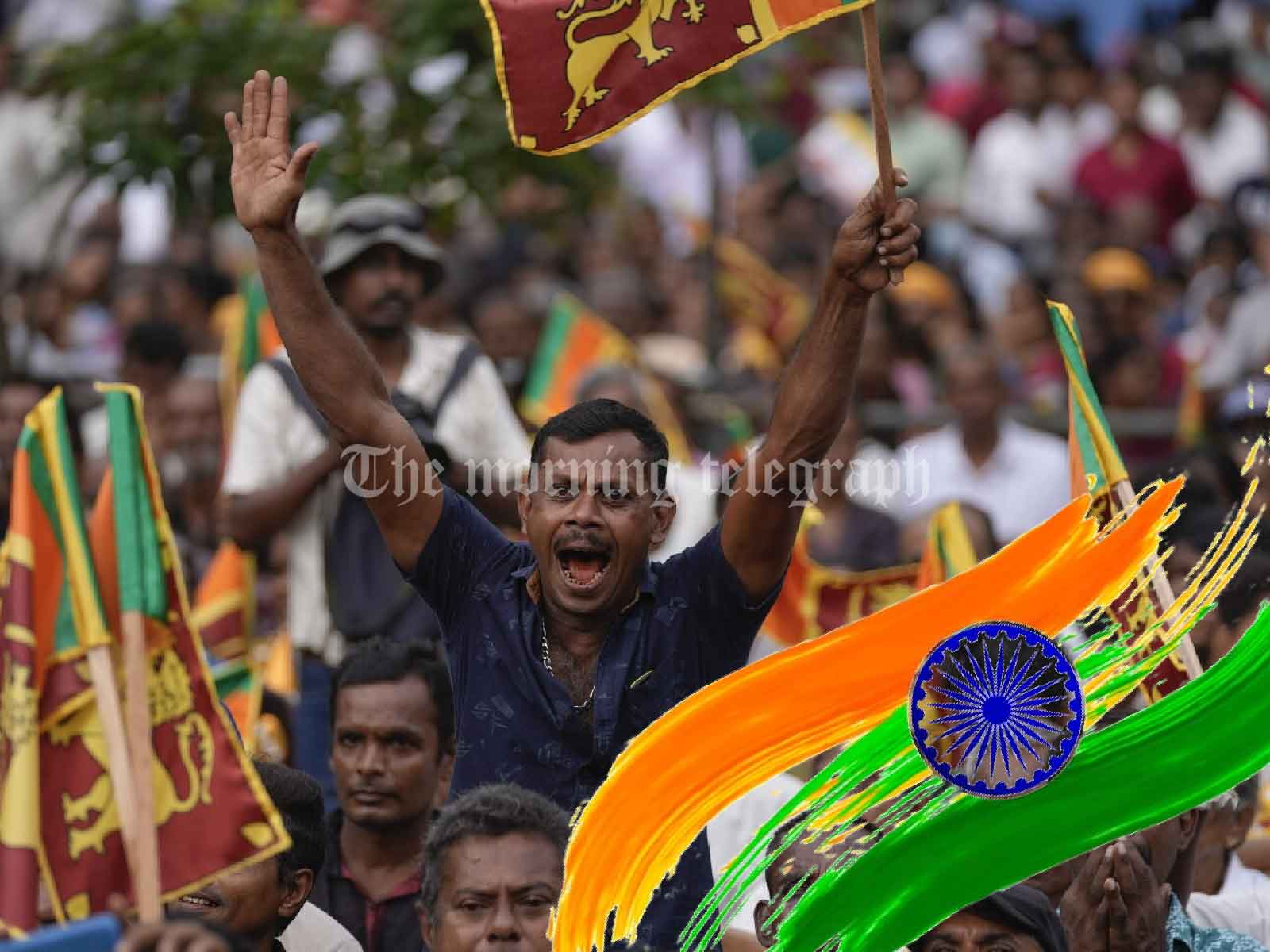
The 2024 presidential election in Sri Lanka carries significant implications for India, given the country’s strategic position in the region and its historical ties with its neighbour.
A primary concern for India is the influence of the Tamil community in Sri Lanka, particularly the strong connections they share with the Indian state of Tamil Nadu. With Sinhalese candidates dominating the electoral landscape, many in the Tamil minority feel a sense of disillusionment, as reported by news agency Reuters, with sentiments of “no hope” regarding the election’s outcome.
Beyond ethnic considerations, India’s geopolitical interests are closely tied to Sri Lanka’s increasing dependence on China. The competition between India and China for influence in Sri Lanka has intensified, particularly given the country’s strategic location for trade and military operations.
Recent developments include a multi-billion dollar project by the Adani Group for the expansion of the Colombo West International Terminal, which reflects India’s intent to strengthen its foothold in the region. Conversely, Sri Lanka has granted China control of the Hambantota port for 99 years, highlighting the growing financial ties between Sri Lanka and China. From 2006 to 2022, Sri Lanka received $11.2 billion from China in various forms of financial assistance, further increasing its dependency.
Among the presidential candidates, Sajith Premadasa and his party have been particularly vocal in criticizing Chinese involvement in Sri Lanka, which could resonate with Indian interests.
The outcome of this election could thus shape not only Sri Lanka’s domestic policies but also its international alliances, with potential ripple effects felt across the Indian Ocean and beyond.




